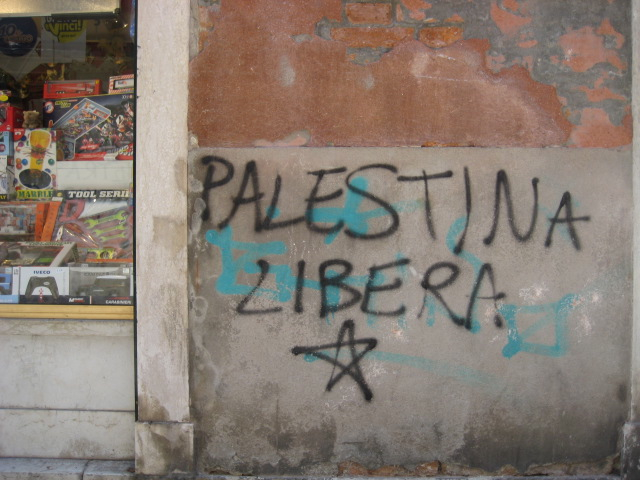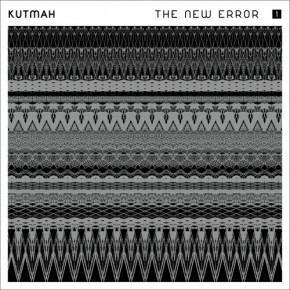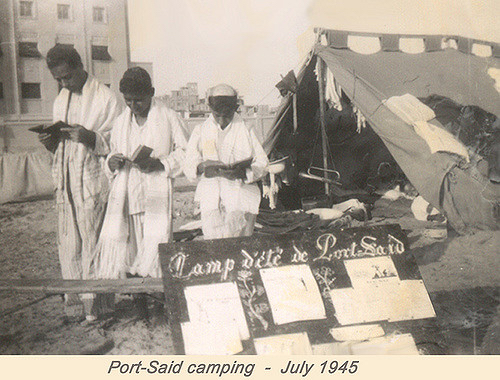March 30th
Thirty five years ago today, a peaceful general strike by Israeli-Palestinians was met with bullets. Six people were killed and hundreds of others injured or arrested in what became known as Land Day. Two and a half months later, the Soweto uprising began in South Africa, claiming far more lives, but laying down a marker in the struggle against apartheid. The timing of the two revolts melded the stirrings of solidarity consciousness with the Palestinians to apartheid comparisons with South Africa.
Three years before, in 1973, the UN General Assembly had adopted the International Convention on the Suppression and Punishment of the Crime of Apartheid. Its definition of apartheid applied to “inhuman acts committed for the purpose of establishing and maintaining domination by one racial group of persons over any other racial group of persons and systematically oppressing them.”
The question of whether Palestinians and Jews actually constitute distinct and separate racial groups is moot, but Israel’s domination and systematic oppression of Palestinians within and without the 1949 armistice line is well documented. The clear and accurate comparisons made by Bishop Desmond Tutu, the UN’s special rapporteurs John Dugard and Richard Falk, Uri Davis, and many others are not easily dispatched. But questions of terminology are political, as well as legal.
Palestine has become the defining national liberation question of our time because of Palestinian struggle, not just Israeli oppression. In the same way that Soweto – and Saigon before it – polarised and mobilised global sentiment for past generations, Israel today forces people to decide where they stand on questions of oppression, self-determination, and resistance. The situation does not stand on precedent, it simply asks: Which side are you on?
For people motivated to stand with the Palestinians, the question of whether Israel is an apartheid state sometimes functions as an unnecessary second litmus. In some ways, as Babylon Times co-founder Joel Schalit has argued, apartheid comparisons are a generational phenomenon, related to a peer group that grew up believing that we had developed a successful model for defeating the racist state in South Africa: Boycott, divestment and sanctions (BDS).
Applied intelligently to Israel, this tactic can be an effective way of raising the Palestinian issue, unsettling the pro-Israel community, forging solidarity links and, occasionally, making an economic dent in the occupation. But it’s ability to achieve the same result as in South Africa is hampered by a crucial difference between the two countries.
Where South Africa segregated blacks from whites so as to exploit black labour, Israel has consistently and successfully excluded Palestinians from the Israeli labour market altogether. Zionist thinkers did not envisage a nation in which Palestinians worked for Jews, but rather an economy and landscape from which Palestinians were more or less entirely absent.
The noted Israeli Marxist Moshe Machover has argued that this locates Zionism in the tradition of states such as Australia and the USA, in the periods when the indigenous peoples of those lands were being forced from their homes to make way for new (mostly) European settlers. This is not necessarily a kinder analogy – the means of their dispossession verged on the genocidal – but it has consequences.
One is that the dangers for the Palestinians in our time are potentially far greater, not least because they lack the economic (and numerical) power of black South Africans. Another is that a strategy of BDS on its own is unlikely to accelerate a political collapse of Zionism from within, aimed at staving off a rebellion that could deprive Israeli Jews of their economic dominance. The Palestinians on their own are simply not powerful enough to mount such a thawra (revolution).
As a strategy, BDS implicitly acknowledges the weakness of Palestinian forces within historic Palestine and responds by trying to move the arena of struggle to the local high street marketplace. But consumers there generally have a much lower political consciousness – and less economic leverage too. Used inappropriately, the strategy has also provided a free fire range for pro-Israel advocates, that has exhausted the best-motivated of activists.
It once seemed as though BDS could strengthen the hand of those Israeli Jews who favoured a period of consolidation around a 1967-variant Palestinian ‘state’. This is no longer the case.
For as long as Palestinians are calling for BDS, their request has to be honoured. But the revolutions sweeping the Arab world contain the whisper of a potentially new strategy for Palestinian liberation. More accurately, it is the rebirth of an older strategy that many thought dead and buried: mass action by progressive, democratic and secular forces across the Middle East to liberate all peoples of the region.
On this Land Day, perhaps supporters of the Palestinian cause outside the region can dare to dream of ways in which we can help catalyse that process.
Anonymous, a Jewish political analyst, lives and works in Israel. This article is licensed to Souciant courtesy of Babylon Times.






If you prefer a less kinder, gentler comparison with a settler state and its aftermath, how about Rhodesia?